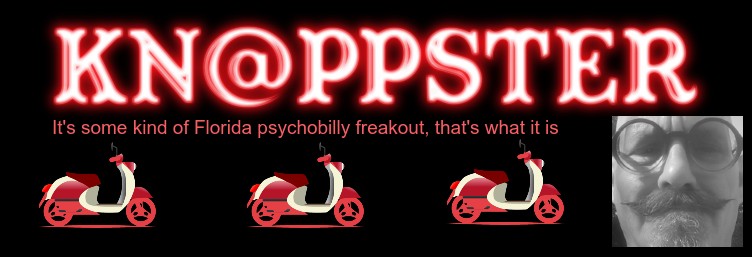The usual up-front info and disclaimers: I received a free review copy (in electronic format) of Escape from the Village from its author, Chris Baker. No conditions were placed/requested on receipt of that review copy, although Chris obviously hoped, and said he hoped, that I'd let others know about the novel. In this review, I'm keeping to my usual practice of "if you don't have something nice to say about a free book, say nothing at all." Since I'm reviewing it, you can assume from the git-go that I recommend it. - TLK
Let's start with the obvious influences: Ayn Rand's novella Anthem; Rush's album 2112 (in an obvious nod, the "Monitors" in Escape from the Village wear red stars on their uniforms) and the claim, popularized by Hillary Rodham Clinton, that "it takes a village to raise a child." Less obvious, but possible: Yevgeny Zamyatin's We and Claire Wolfe and Aaron Zelman's RebelFire: Out of the Gray Zone.
If you're already cringing at the Rand provenance, don't: Escape from the Village brings some new perspectives to the plot it recycles. The protagonists are children, not adults; as the novel opens, the boy and girl have already discovered each other and are well into the process of rebellion (although they don't understand it as such yet); the edges of what is permitted/forbidden aren't quite so rough (the word "I" hasn't been eliminated from the English language, for example; nor is the death penalty for deviation on the table, except perhaps indirectly); and so forth. It's also more realistic with respect to surveillance technology and such, although it does rely on a somewhat unlikely enabling plot device.
I admit that I spent the first chapter thinking "Oh, God, not another re-hash of Anthem," but Escape from the Village quickly finds its author's own voice and becomes an interesting read. It's a (short -- 65,000 words) novel. Its theme, as I understand it, is the possibility of rediscovering (perhaps with outside help) individual goals and personal relationships even in an environment specifically engineered to eliminate them.
And that's all you're going to get out of me as far as details are concerned. Because it's a pretty short book, it doesn't take much detail in a review to get into "spoiler" territory.
I found it an enjoyable and edifying read. The characters and their problems were easy to empathize with. And if the solution strained my ability to suspend disbelief a little, hey, that usually kind of goes with the future dystopia territory, doesn't it? I think Chris Baker has a fine first outing here, and hope to see more from him in the future.

No comments:
Post a Comment